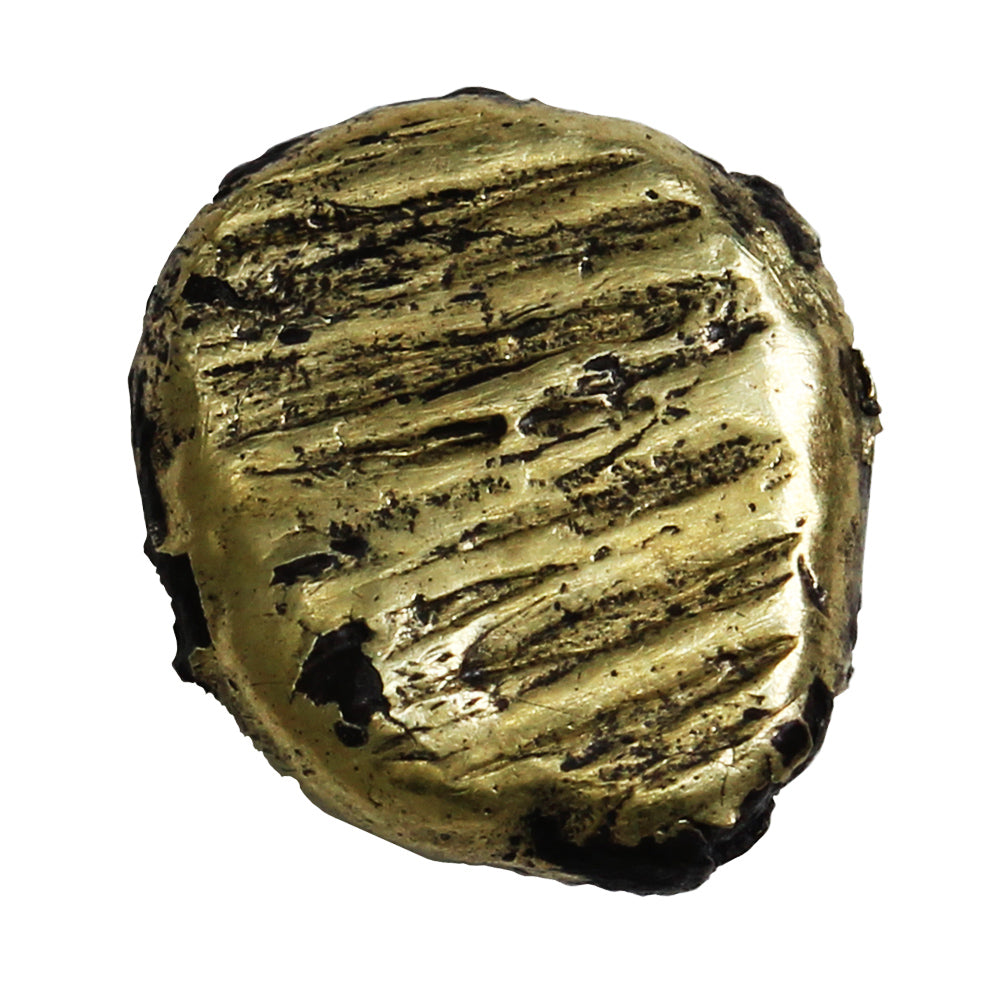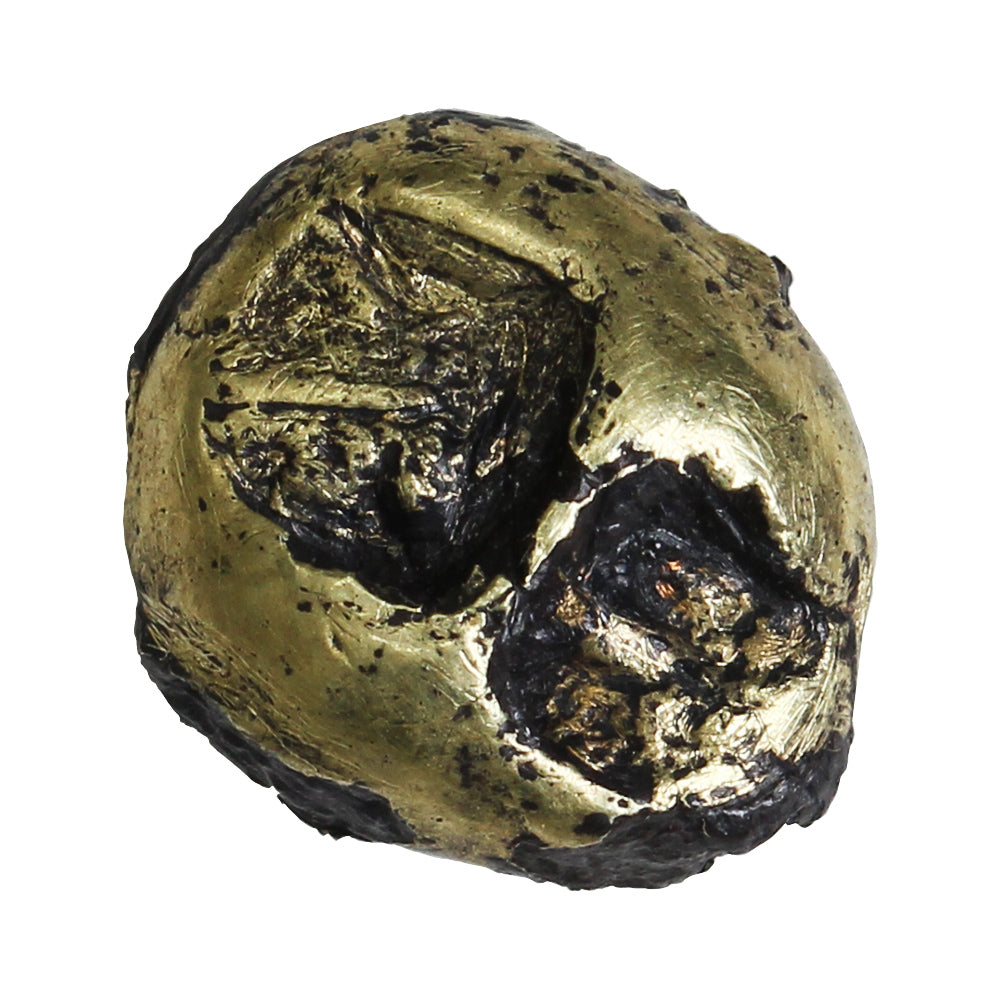Colonial Acres Coins
SKU: SKU:AC-0295
Ancient Ionia 650-600BC "Very First Counterfeit Coin" 1/6 Stater Extra Fine (EF40) RARE
Ancient Ionia 650-600BC "Very First Counterfeit Coin" 1/6 Stater Extra Fine (EF40) RARE
◎ 1 Available
Couldn't load pickup availability

FREE SHIPPING OVER $500
Ancient Ionia 650-600BC "Very First Counterfeit Coin" - "Fouree", Hekte Striate 1/6 Stater Extra Fine (EF-40) RARE
The very first coins known to history are widely believed to be the electrum staters struck in Ionia (modern-day western Turkey) around 650 BC. These coins were made from electrum, a naturally occurring alloy of gold and silver found in riverbeds of the region, especially in the Pactolus River.
The Lydians and Ionian Greeks—living in close contact—are both contenders for being the inventors of coinage, but archaeological finds suggest that the earliest pieces were struck in Ephesus or nearby Ionian cities under the influence of the Lydian kingdom. The coins were typically bean-shaped or irregularly oval, stamped with a simple punch mark or emblem on one side and a rough incuse punch on the other.
Throughout history, counterfeiting coins has run hand-in-hand with the production of authentic coinage. It has occurred so frequently in history that it has been called the "world's second-oldest profession." Early fakes, such as this one, involved plating coins with base-metal cores called fourrées. Severe punishments were often implimented upon counterfeiters; for example, in Ancient Rome, it was a capital offense, or in medieval England, the punishments could include burning.









